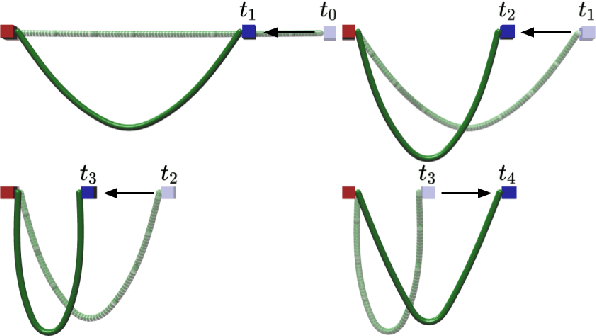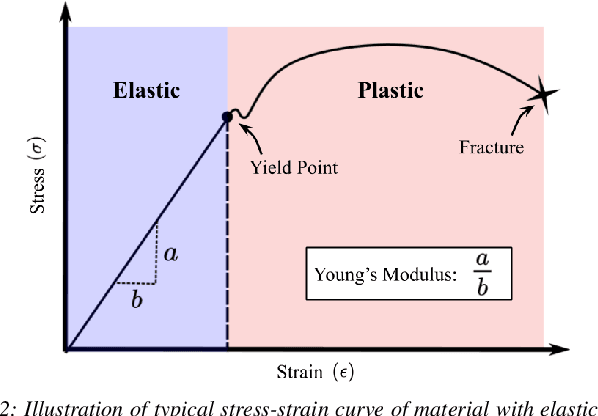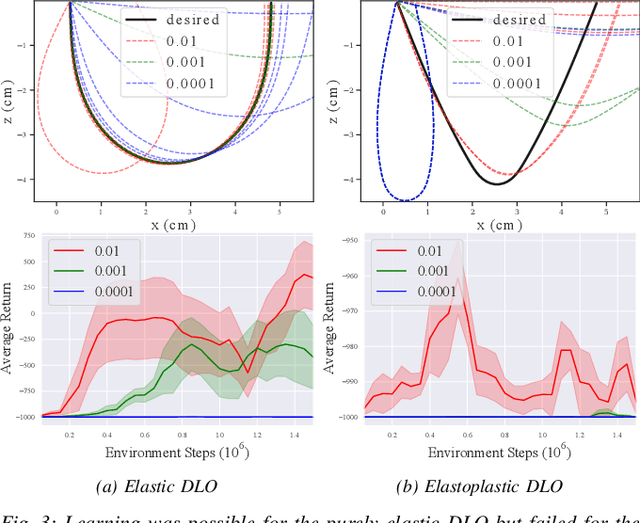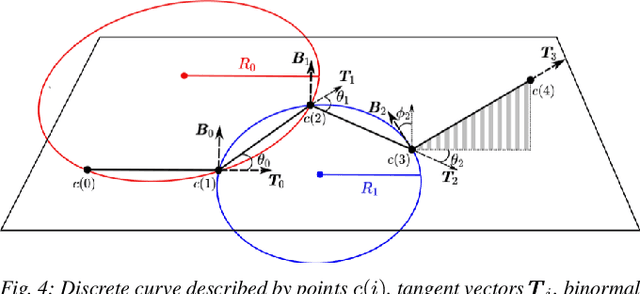Learning Shape Control of Elastoplastic Deformable Linear Objects
Paper and Code
Aug 03, 2022



Deformable object manipulation tasks have long been regarded as challenging robotic problems. However, until recently very little work has been done on the subject, with most robotic manipulation methods being developed for rigid objects. Deformable objects are more difficult to model and simulate, which has limited the use of model-free Reinforcement Learning (RL) strategies, due to their need for large amounts of data that can only be satisfied in simulation. This paper proposes a new shape control task for Deformable Linear Objects (DLOs). More notably, we present the first study on the effects of elastoplastic properties on this type of problem. Objects with elastoplasticity such as metal wires, are found in various applications and are challenging to manipulate due to their nonlinear behavior. We first highlight the challenges of solving such a manipulation task from an RL perspective, particularly in defining the reward. Then, based on concepts from differential geometry, we propose an intrinsic shape representation using discrete curvature and torsion. Finally, we show through an empirical study that in order to successfully solve the proposed task using Deep Deterministic Policy Gradient (DDPG), the reward needs to include intrinsic information about the shape of the DLO.
 Add to Chrome
Add to Chrome Add to Firefox
Add to Firefox Add to Edge
Add to Edge